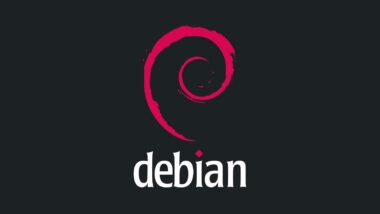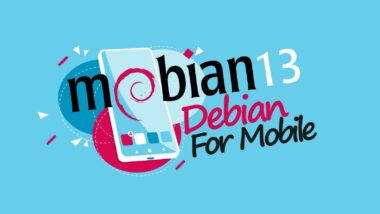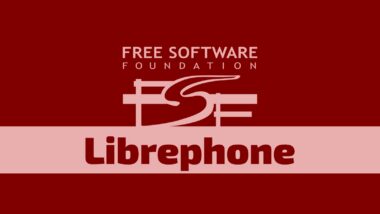ONLYOFFICE Docs 9.1 Introduces Powerful PDF Redaction, New Annotations


 The free ONLYOFFICE productivity suite has been updated with a host of new features, including an improved PDF Editor. Details on what's new inside this post.
The free ONLYOFFICE productivity suite has been updated with a host of new features, including an improved PDF Editor. Details on what's new inside this post.
You're reading ONLYOFFICE 9.1 Released With More Features Etc, a blog post from OMG! Ubuntu. Do not reproduce elsewhere without permission.

Paid web-based email service Fastmail has launched an official desktop app — available for Linux as well as macOS and Windows. The new Fastmail desktop app offers the same interface and feature set as the web client, but running in a windowed, standalone app with system integrations, like dock icon with badging, the ability to make it the default email client, desktop notifications, offline support, etc. As it is simply an Electron-wrapper for the official web app (with extra system integration, including respecting system dark mode), the window frame does look out of place with native desktop apps. But it […]
You're reading Fastmail’s New Desktop App is Available on Linux, a blog post from OMG! Ubuntu. Do not reproduce elsewhere without permission.

